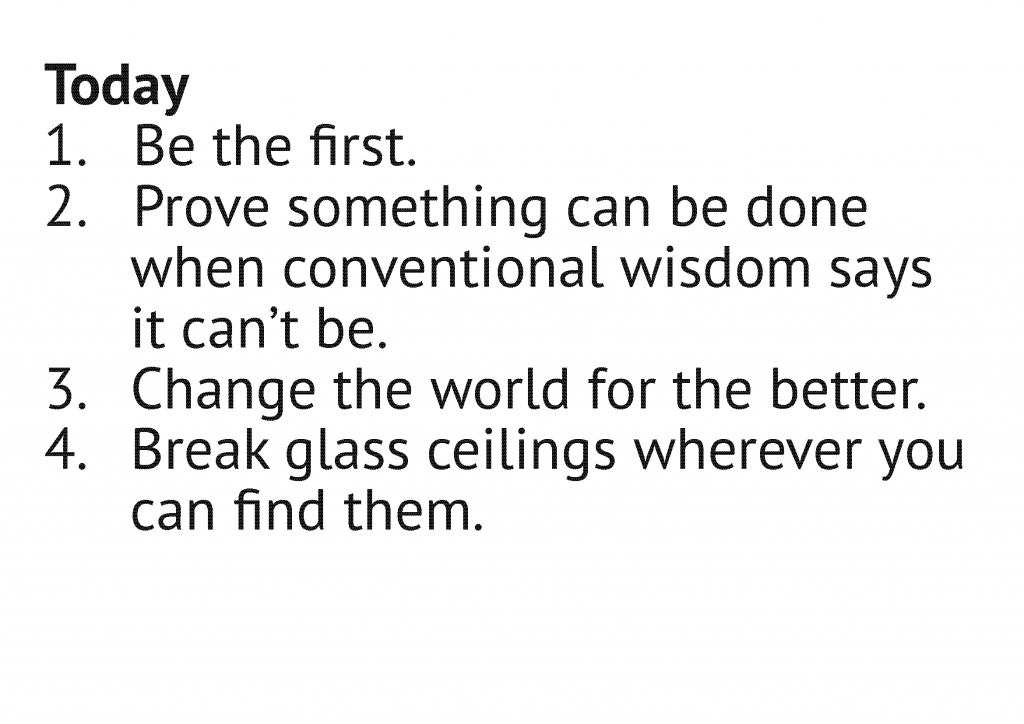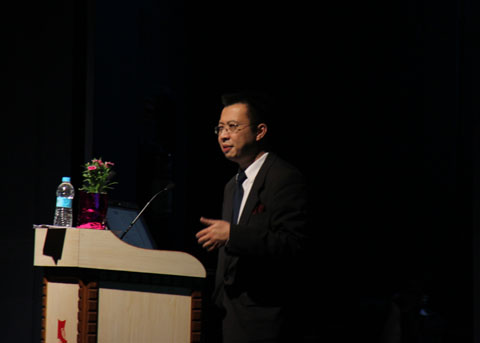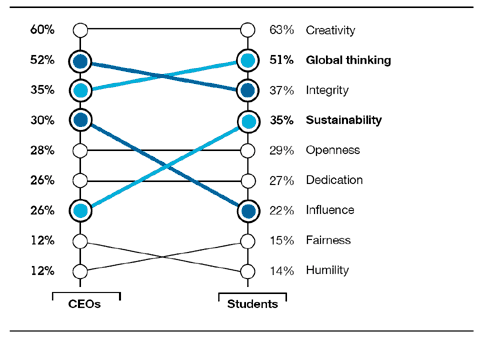I was asked by my Alma Mater, Victoria University of Wellington, to give a 90-minute lecture on leadership last week to students visiting New Zealand from Peking University and the Guangdong University of Foreign Studies. (My half-serious suggestion that I spoke Cantonese and the three students from Guangdong who understood could translate to Mandarin to the rest of their classmates was turned down.) The above was the second slide, and the four main points I wanted to get across. When I posted this on Facebook and Instagram, it got quite a few likes, so I’m sharing it more publicly here.
They were a personal look at my style of leadership and what drove my career over the last quarter-century or so.
The first one was more down to luck and necessity than my being a great visionary who foresaw virtual firms and how we could be brought together through online communications. The second, however, is probably down to a number of factors, though one must also evaluate the risk of taking those steps.
The third and fourth, however, should be things we can all accomplish, by finding causes close to our hearts.
One student asked about the fourth, because she noted that there were circumstances where dissent might land one in trouble. (You may think I was taking a dig at China there, but I suspect Edward Snowden might have a thing or two to say about that.) I gave her the example of a person who had a criminal record for a minor matter because he had fallen in with the wrong crowd, and had repaid his debt to society. Did he deserve a leg up because you knew he was a good person? Now, what if that person wanted to go for a particular job? Even if the glass ceiling isn’t shattered, you can still put cracks in it if you believe he’s the best person for it. Help him out: give him feedback on his CV, offer him advice, help rehearse a job interview.
What if it was someone who wanted to go to a good school but his parents couldn’t afford it? Would you write a letter of endorsement and put your weight behind his application for a scholarship—because you knew he would make the most of that opportunity?
My apologies for the use of the masculine pronoun but the above are based on real-world examples.
We all have something to offer the next person, and those opportunities to help others will always arise.






